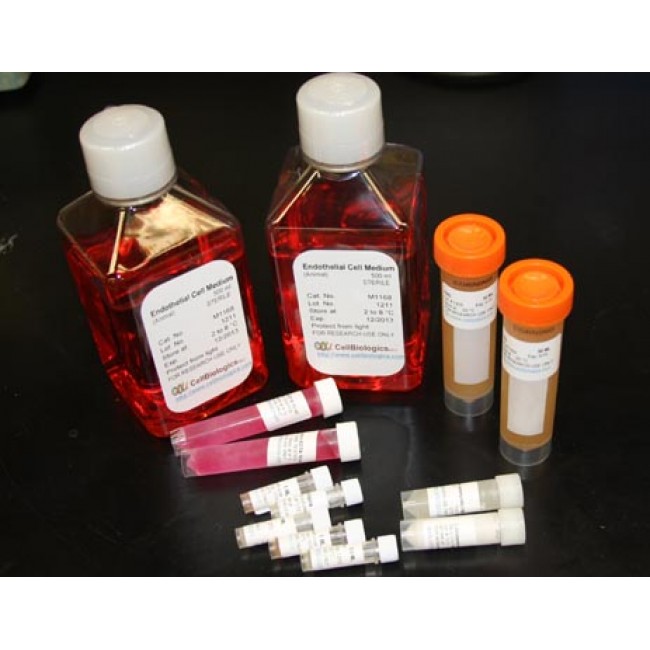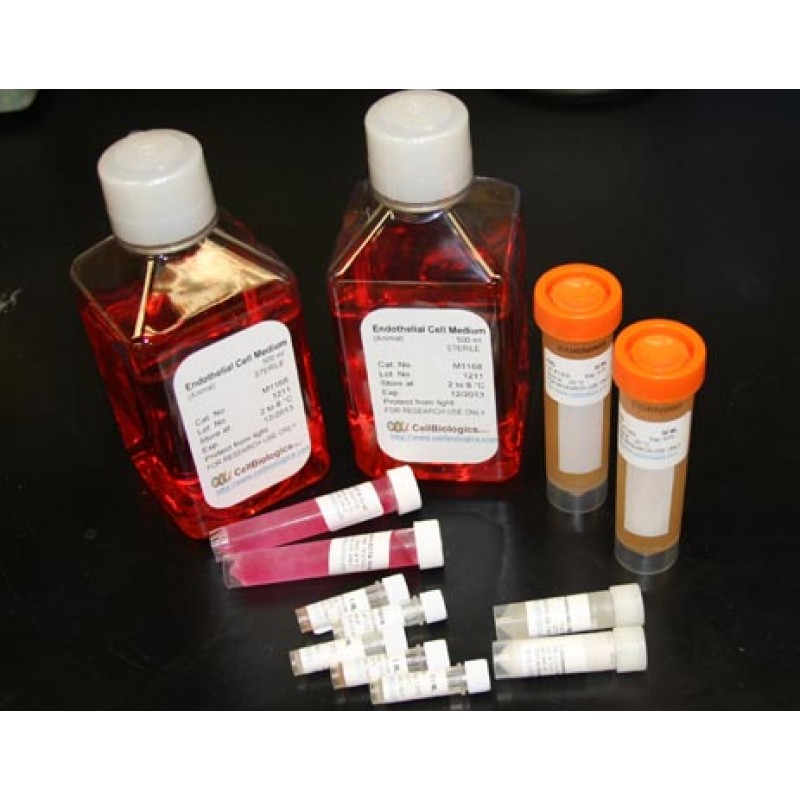VEGF is a homodimeric glycoprotein that is actively involved in angiogenesis, vasculogenesis and endothelial cell growth. Owing to alternative splicing of the mRNA, VEGF occurs in several molecular variants of 121, 162, 145, 148, 165, 183, 189 and 206 amino acids. The various isoforms of VEGF differ in biological properties such as; (a) the receptors they recognize and (b) their interaction with heparan sulfate proteoglycans. VEGF-121 and VEGF-165 are soluble secreted forms of the factor while VEGF-189 and VEGF-206 are mostly bound to heparin-containing proteoglycans in the cell surface or in the basement membrane. VEGF-165 is the most common variant in most tissues and one with heparin binding properties. Recombinant VEGF-165aa is a non-glycosylated, disulfide linked homodimer.


